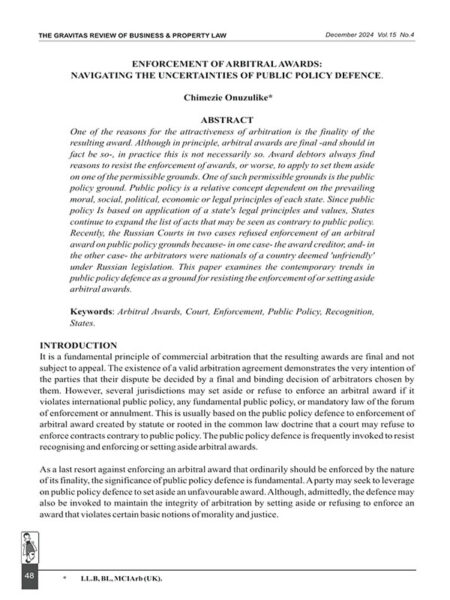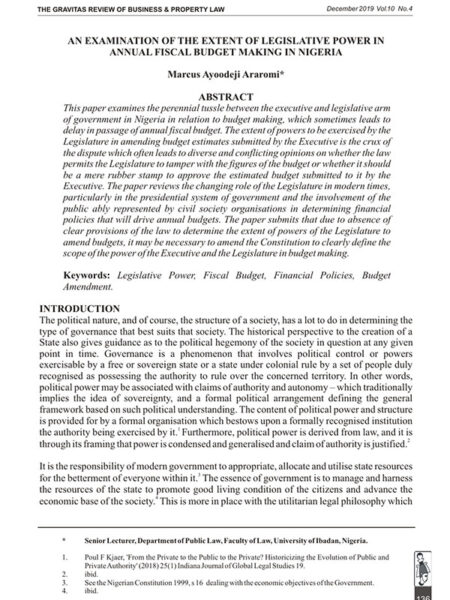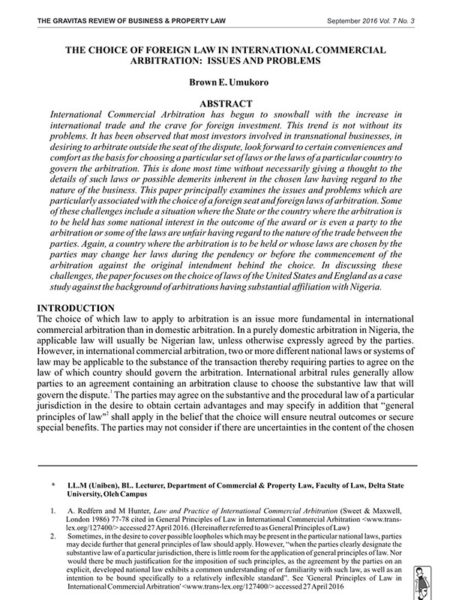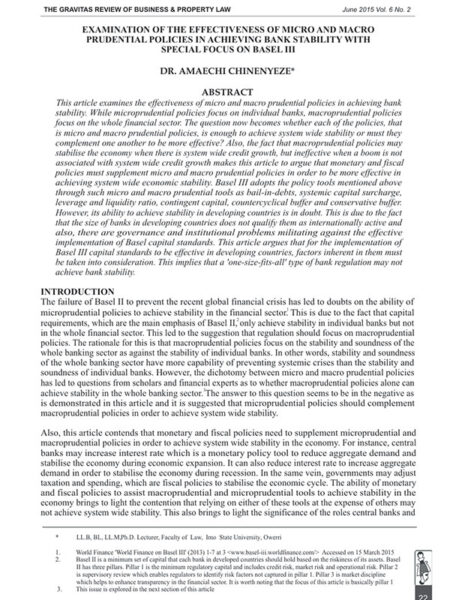-

Enforcement of Arbitral Awards: Navigating the Uncertainties of Public Policy Defence
0₦2,500.00Chimezie Onuzulike in his article, Enforcement of Arbitral Awards: Navigating the Uncertainties of Public Policy Defence, examines the contemporary trends in public policy defence as a ground for resisting the enforcement of or setting aside arbitral awards. One of the reasons for the attractiveness of arbitration is the finality of the resulting award. Although in principle, arbitral awards are final -and should in fact be so-, in practice this is not necessarily so. Award debtors always find reasons to resist the enforcement of awards, or worse, to apply to set them aside on one of the permissible grounds. One of such permissible grounds is the public policy ground. Public policy is a relative concept dependent on the prevailing moral, social, political, economic or legal principles of each state. Since public policy Is based on application of a state’s legal principles and values, States continue to expand the list of acts that may be seen as contrary to public policy. Recently, the Russian Courts in two cases refused enforcement of an arbitral award on public policy grounds because- in one case- the award creditor, and- in the other case- the arbitrators were nationals of a country deemed ‘unfriendly’ under Russian legislation.
-

An Examination of the Extent of Legislative Power in Annual Fiscal Budget Making in Nigeria
0₦2,500.00Marcus Araromi, Senior Lecturer at the University of Ibadan, Nigeria in, An Examination of the Extent of Legislative Power in Annual Fiscal Budget Making in Nigeria, contributes to the debate on the extent of the power of the National Assembly to tinker with the budget estimates submitted to it by the Executive. The crux of the perennial disputes between the Legislature and the Executive has been whether the law permits the Legislature to tamper with the figures of the budget or whether it should be a mere rubber stamp to approve the estimated budget submitted to it by the Executive. Araromi reviews the changing role of the Legislature in modern times and the compelling logic of the proponents of the opposing views. He concludes that there is an absence of explicit provisions in the law enabling the Legislature to amend budgets and it is necessary to amend the Constitution to clearly define the scope of the power of the Executive and the Legislature in budget making.
-

The Choice of Foreign Law in International Commercial Arbitration: Issues and Problems
0₦2,500.00Brown Umukoro, Lecturer, Faculty of Law, Delta State University, Oleh in his article “The Choice of Foreign Law in International Commercial Arbitration: Issues and Problems” examines how the expected outcome or intended benefit of a choice of foreign law in international commercial arbitration may be frustrated by several factors including law and public policy of the foreign country and change in laws during the pendency of arbitration. He concludes that the Decolonisation and Law of the Seat theories do not adequately address the concern of investors and advocates a comprehensive code of rules for the resolution of conflict between the lex arbitri and other systems of law.
-

Examination of the Effectiveness of Micro and Macro Prudential Policies in Achieving Bank Stability with Special Focus on Basel III
0₦2,500.00Dr. Amaechi Chinenyeze of the Imo State University pushes the theme in Professor Ajayi’s paper further by arguing that micro prudential policies which aim at stabilising individual banks may not be enough and that monetary and fiscal policies must supplement micro and macro prudential policies in order to be effective in achieving system wide economic stability. His article, “Examination of the Effectiveness of Micro and Macro Prudential Policies in Achieving Bank Stability with Special Focus On Basel III”, is an essential read for banking regulators.
The Gravitas Review of Business & Property Law



